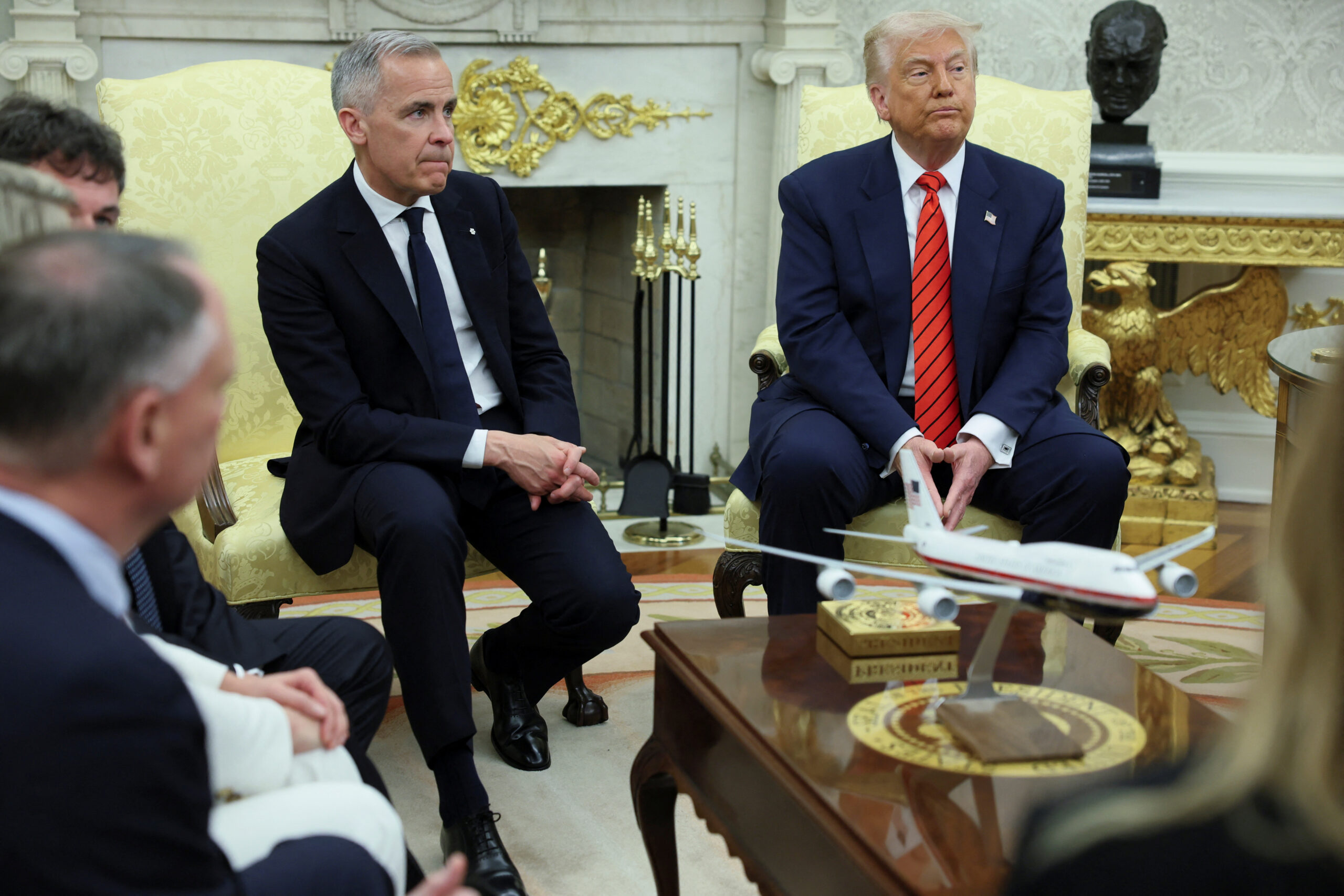Dr. Zuhdi Jasser, a physician and leading voice for Islamic reform and American national security policy, joined Chicago’s Morning Answer with Dan Proft and Amy Jacobson to weigh in on the state of U.S. foreign policy, particularly as it relates to trade, diplomacy, and national interests under the Trump administration.
While President Trump met with Canadian Prime Minister Mark Carney, the conversation quickly turned from pleasantries to policy. Trump made headlines with his blunt refusal to lift tariffs on key Canadian exports such as steel, aluminum, and lumber. When asked directly if anything Carney could say would change his mind, Trump simply replied, “No. That’s just the way it is.”
This hardline approach stood in contrast to comments made by Treasury Secretary Scott Bassant, who testified before Congress that negotiations with 17 of 18 key U.S. trading partners were ongoing and productive. Only China remained outside current talks. Bassant emphasized that efforts were focused not just on reducing tariffs but also addressing non-tariff barriers, currency manipulation, and labor and capital subsidies.
Dr. Jasser, a frequent commentator on the intersection of foreign policy and national security, noted the discrepancy between Trump’s rhetorical posture and the actual diplomatic process. “It’s classic Trump,” Jasser remarked. “He presents strength on the world stage, especially to domestic audiences, while his administration quietly works on the details of trade reform through traditional channels.”
Jasser argued that while the aggressive tone may be off-putting to some, it can serve a strategic purpose. “It creates leverage,” he explained, pointing to how Canada and other allies may offer more concessions in exchange for tariff relief. “You don’t have to like the tone to acknowledge it’s shifting the dynamics of negotiation.”
When asked about the broader implications of the Trump administration’s approach to trade, Jasser emphasized the importance of recalibrating global partnerships. “We’ve reached a point where too many of our international agreements have failed to reflect the realities of today’s geopolitical environment,” he said. “Whether it’s China’s influence operations or the subsidized dumping of foreign goods, these aren’t just economic issues—they’re national security issues.”
Jasser also expressed concern about the rising influence of adversarial regimes and ideologies through international business and media structures, drawing a connection between economic policy and cultural influence. He warned that “foreign state interests are not just operating through embassies—they’re present in boardrooms, universities, even local politics.”
In that vein, he urged vigilance and a more assertive U.S. stance, not just in rhetoric but in legislative and regulatory frameworks. “Reforming our trade agreements and our immigration system is part of defending the republic,” he said. “It’s not about isolationism—it’s about strengthening our sovereignty and ensuring our institutions are resilient against foreign manipulation.”
As global economic pressures mount and trade negotiations intensify, Dr. Jasser’s remarks underscored the broader stakes behind what may seem like routine diplomacy. For the Trump administration, he suggested, showing strength abroad continues to serve both a practical and political purpose—one that aligns with the administration’s core message of American self-determination.





